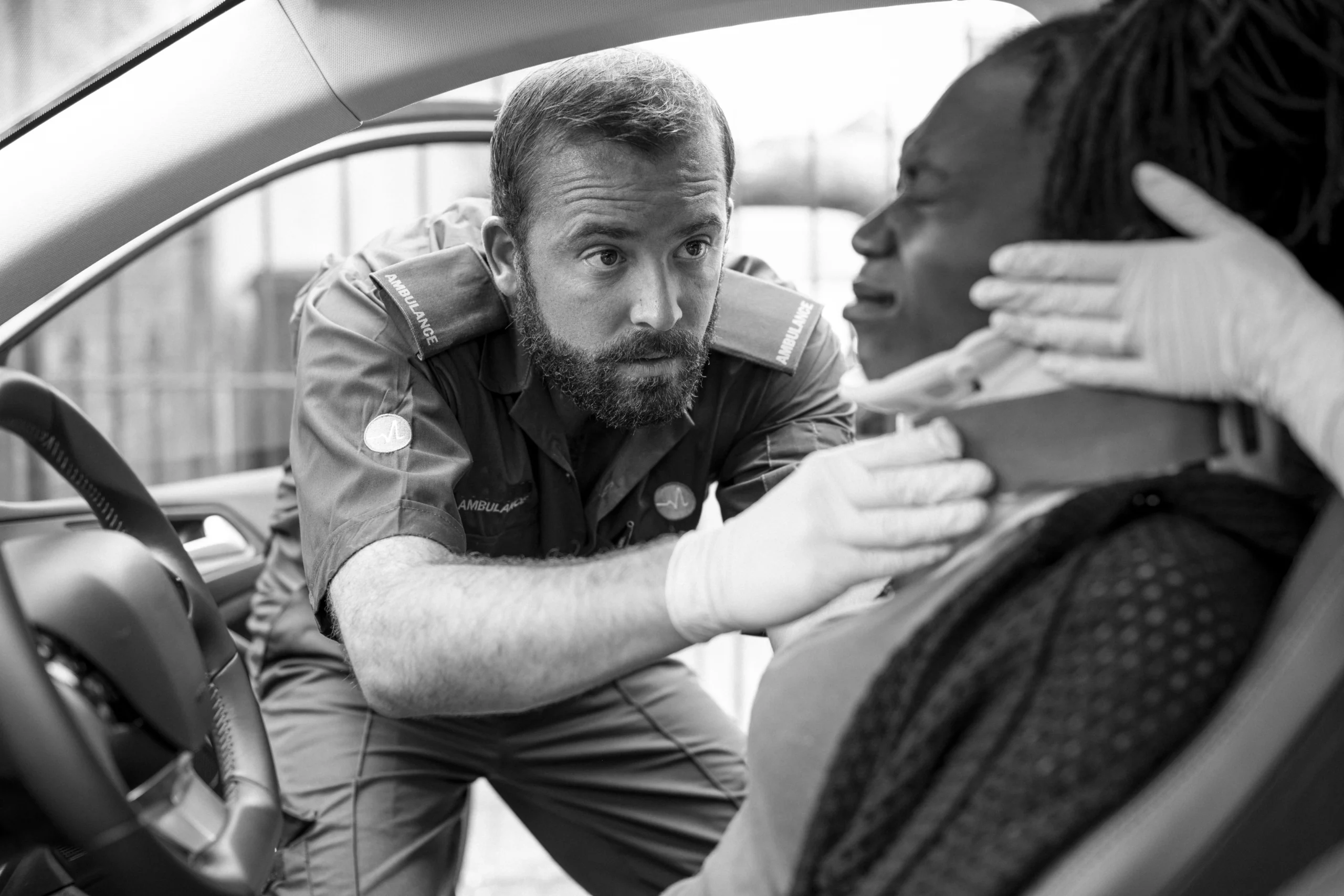In addition to physical injuries, car accidents can also result in psychological trauma. Victims may experience feelings of anxiety, depression, or post-traumatic stress disorder (PTSD) following a car accident. These emotional effects can have a significant impact on an individual’s quality of life and ability to function in daily activities. It is essential to recognize the psychological impact of car accidents and seek appropriate treatment when necessary.
Identifying Psychological Symptoms
Some common psychological symptoms experienced after a car accident include:
- Intrusive memories or flashbacks of the accident
- Persistent feelings of fear, anxiety, or sadness
- Difficulty sleeping or nightmares
- Loss of interest in activities previously enjoyed
- Irritability or mood swings
- Feelings of guilt or self-blame
- Avoidance of situations that remind the victim of the accident
If you experience any of these symptoms following a car accident, it is important to seek help from a mental health professional. Timely intervention can help prevent long-term psychological complications and improve overall well-being.
Comprehensive Care at the Center for Interventional Pain Management
At the Center for Interventional Pain Management, Dr. Padda and his team provide comprehensive care for patients who have been involved in major accidents. They understand the unique challenges faced by car accident victims and are committed to helping patients regain their health and quality of life.
Personalized Treatment Plans
Dr. Padda takes the time to listen to each patient’s concerns and thoroughly assess their condition. By ordering the appropriate confirmatory tests, he can make an accurate diagnosis and develop a personalized treatment plan tailored to the patient’s specific needs. This approach ensures that patients receive the most effective care for their injuries.
Advanced Treatment Options
The Center for Interventional Pain Management offers a range of advanced treatment options to address the various injuries and complications resulting from car accidents. These may include injections, rehabilitation exercises, and prescription pain medications, among others. By employing the latest advancements in pain management, Dr. Padda and his team can help patients achieve lasting relief from their pain and improve their overall well-being.
Conclusion
Car accidents can have lasting physical and psychological consequences for those involved. Seeking timely medical care from a qualified injury and accident doctor, like Dr. Padda at the Center for Interventional Pain Management, is crucial to ensuring proper diagnosis and treatment of injuries. By being proactive in seeking medical care and recognizing the signs that indicate the need for attention, individuals involved in car accidents can improve their chances of a successful recovery and receive the compensation they deserve.
References
Footnotes






